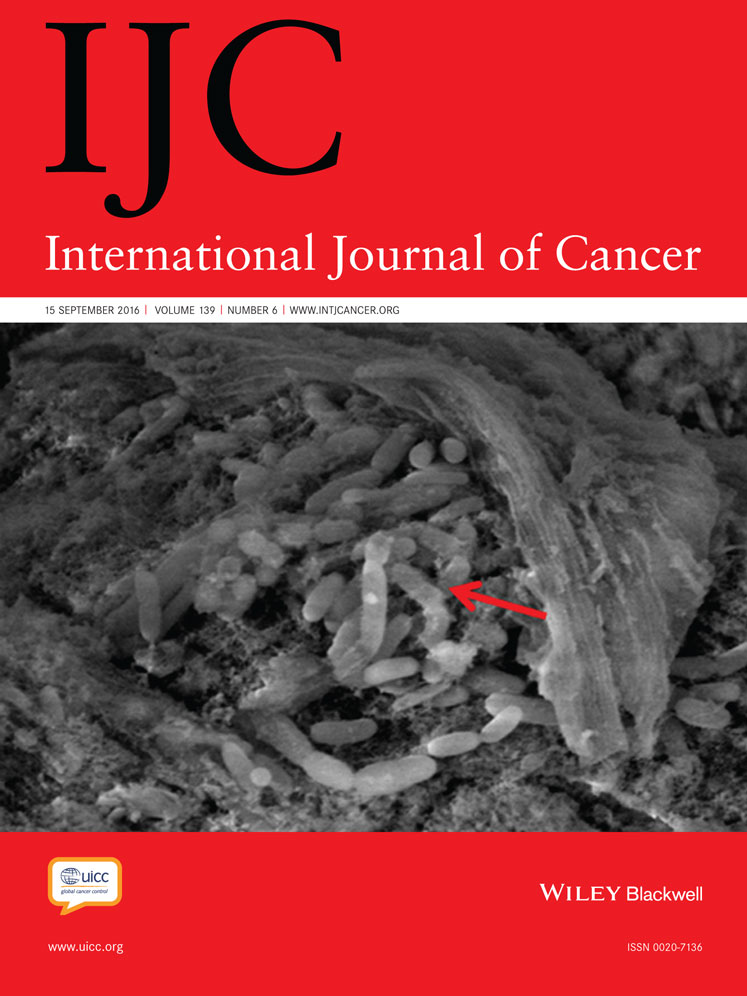Expression of CDKN1C in the bone marrow of patients with myelodysplastic syndrome and secondary acute myeloid leukemia is associated with poor survival after conventional chemotherapy
Conflict of interest: Nothing to report
Author contributions: AR and SD designed research, performed experiments, evaluated data, performed statistical analyses and wrote the manuscript. AB performed statistical analyses, discussed the data and wrote the manuscript. MA, TL, TG, AP, KN, TG, UG, SB and JB performed experiments, evaluated data and wrote the manuscript. PD and AH evaluated data and wrote the manuscript. TL provided idea, designed research, performed experiments, evaluated data and wrote the manuscript
Abstract
We tested the hypothesis that proliferative activity of hematopoietic stem cells has impact on survival in newly diagnosed patients with myelodysplastic syndrome (MDS) and secondary acute myeloid leukemia (AML). RNA expression profiles of CD34+ cells were analyzed in 125 MDS patients and compared to healthy controls. Prognostic impact on overall survival (OS) of mRNA proliferation signatures established for solid tumor cells was analyzed retrospectively. For validation on the protein level, immunofluorescence and immunohistochemistry analyses in bone marrow (BM) biopsies were performed, and an independent cohort of 223 MDS and secondary AML patients was investigated. Lower proliferative activity correlated with the expression of cyclin-dependent kinase inhibitor 1C (CDKN1C) and with shorter OS (p < 0.001). In multivariable analysis, higher CDKN1C expression was associated with worse OS (p = 0.02). On the BM level, a total of 84 (38%) patients showed CDKN1C protein expression before start of treatment. Patient, disease and treatment characteristics did not differ between CDKN1C-positive and -negative patients. Positive CDKN1C BM status was associated with shorter OS in multivariable analysis (HR 1.54, p = 0.04). There was an interaction between CDKN1C BM status and subsequent treatment with negative impact on OS being most pronounced in patients receiving conventional cytotoxic chemotherapy (n = 83, 2-year OS 30% versus 58%, p = 0.002). In conclusion, low-proliferative phenotype and CDKN1C expression were associated with shorter OS. CDKN1C protein expression in the BM of newly diagnosed, treatment-naïve MDS and secondary AML patients was identified as a prognostic factor for poor survival in patients treated with antiproliferative chemotherapy.
Abstract
What's new?
Leukemia stem cells (LSC) tend to divide slowly. However, conventional chemotherapy usually targets rapidly dividing cells. In this study of patients with myelodysplastic syndrome (MDS) and secondary acute myeloid leukemia (AML), the authors found that patients whose bone marrow had lower proliferative activity and higher expression of CDKN1C had shorter overall survival (OS), especially after treatment with standard chemotherapy. CDKN1C may thus be a useful prognostic biomarker for poor survival, and may help clinicians select patients who are most likely to benefit from aggressive treatment regimens.




